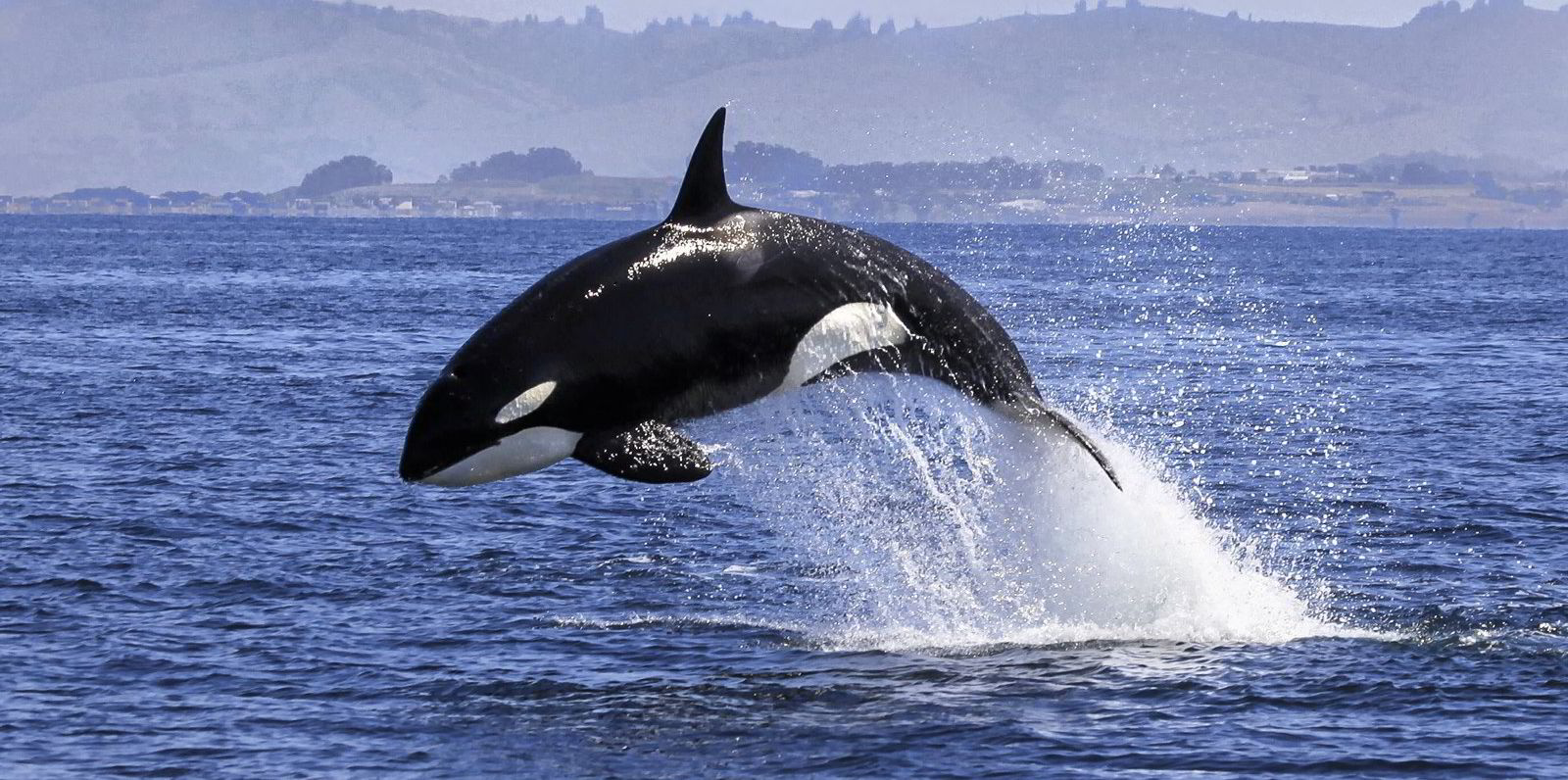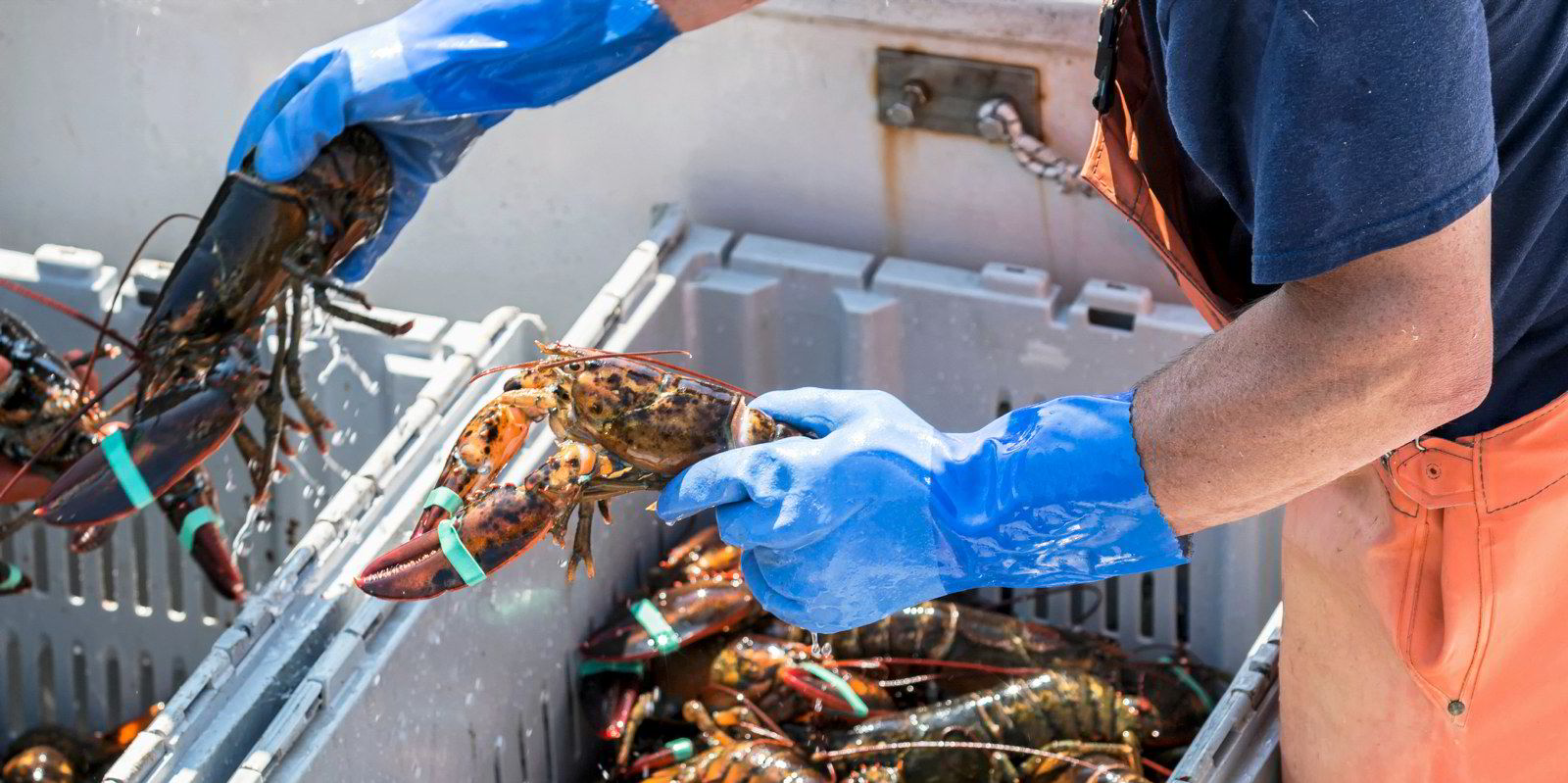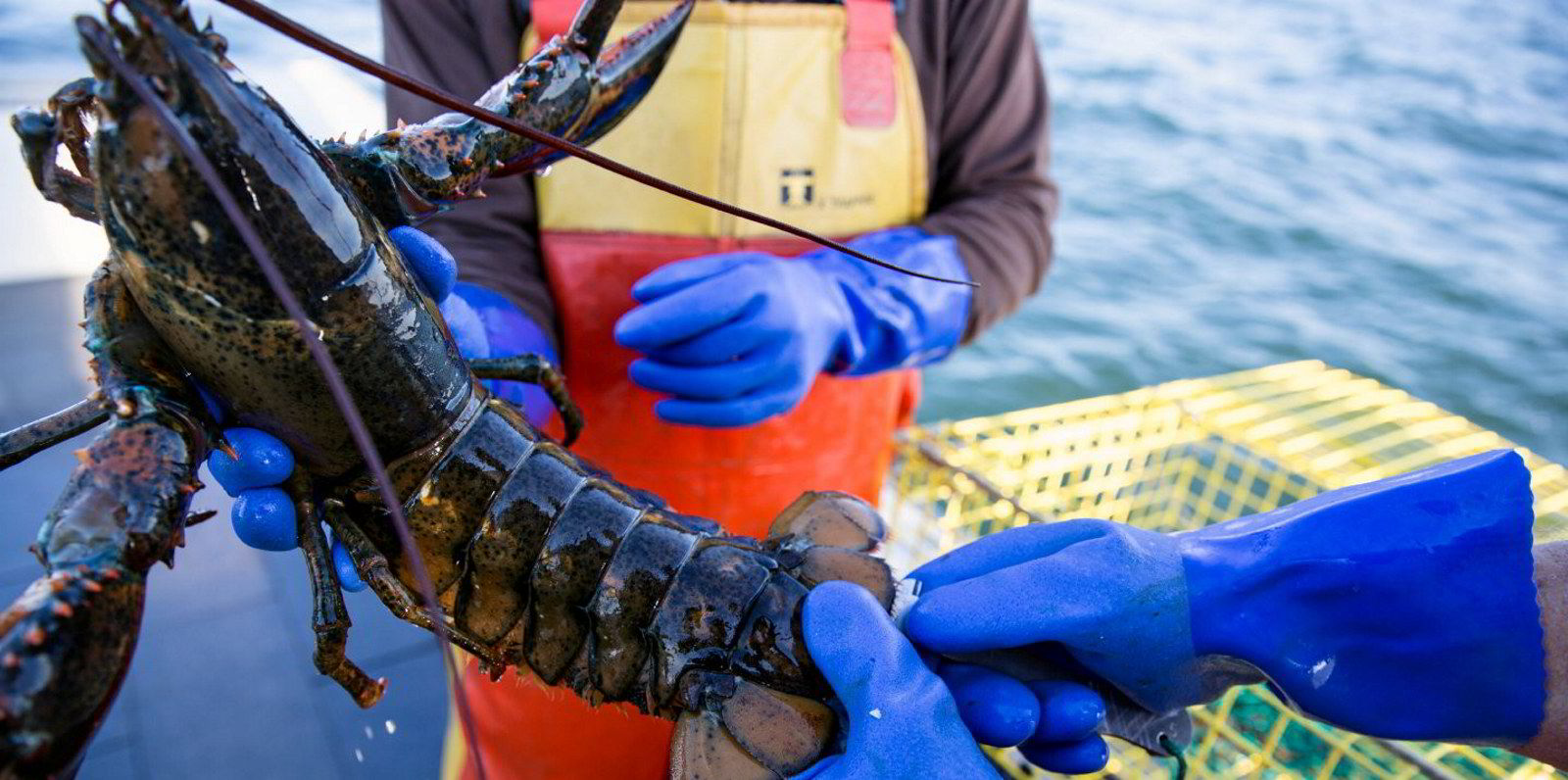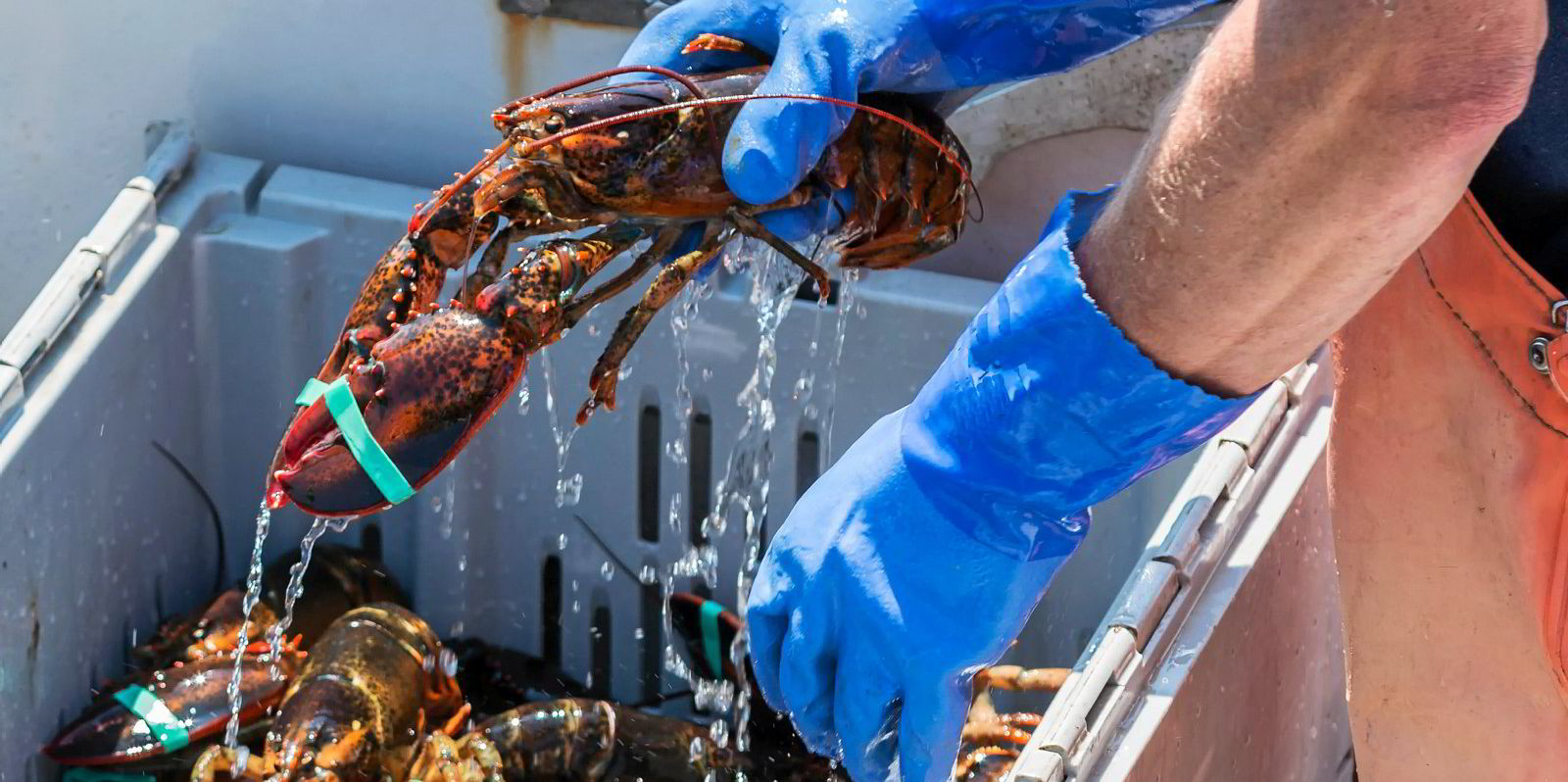NOAA is evaluating data collected on 10 killer whales, also known as orcas, incidentally caught in Alaska by Bering Sea and Aleutian Island groundfish trawl fisheries this year.
NOAA Fisheries reported earlier this month that only one of those incidents resulted in the whale being released alive.
For others, NOAA Fisheries is analyzing collected data to determine the cause of injury or death and determine which stocks these whales belong to through a review of genetic information, the agency said. It added it is working quickly to evaluate the incidents and will share findings as soon as possible.
NOAA Fisheries said it is also reviewing information regarding a killer whale incidentally caught during the Alaska Fisheries Science Center’s longline survey for sablefish and groundfish this summer.
On June 7, a dead killer whale was observed entangled in gear on the Central Bering Sea slope. The incident was reported and is under review in accordance with required reporting procedures.
Killer whales are protected under the Marine Mammal Protection Act, which requires vessel owners or operators to report to NOAA Fisheries all incidental mortalities and injuries of marine mammals that occur during commercial fishing and survey operations.
The center has an incidental take authorization under the Marine Mammal Protection Act and biological opinion under the Endangered Species Act.
Groundfish Forum, a Seattle-based trawl fishery group, confirmed that member vessels were involved in at least some of the whale deaths as well as the one released alive, according to the Anchorage Daily News.
Earlier this year the United States Court for the Ninth Circuit halted implementation of a court ruling that would have closed the southeast Alaska king salmon troll fishery this summer and winter which stemmed from a lawsuit over the fishery's impact on resident killer whales.
The ruling came from a lawsuit filed by the NGO Wild Fish Conservancy that said the fishery should be closed because it violates the US Endangered Species Act by potentially impacting a food source for resident killer whales.
On the US East Coast the US lobster industry in Maine is also at the center of an ongoing debate over its impact on endangered North Atlantic right whales.
The dispute has led to the seafood delicacy being demoted to the Monterey Bay Aquarium's red, or 'Avoid' list and the revocation of the fishery's Marine Stewardship Council (MSC) certification.
But unlike in the United States, some of Canada’s lobster fisheries continue to maintain their third-party MSC certification despite there being deaths in recent years related to right whale entanglements in Atlantic Canada where major lobster and crab fisheries are based.




